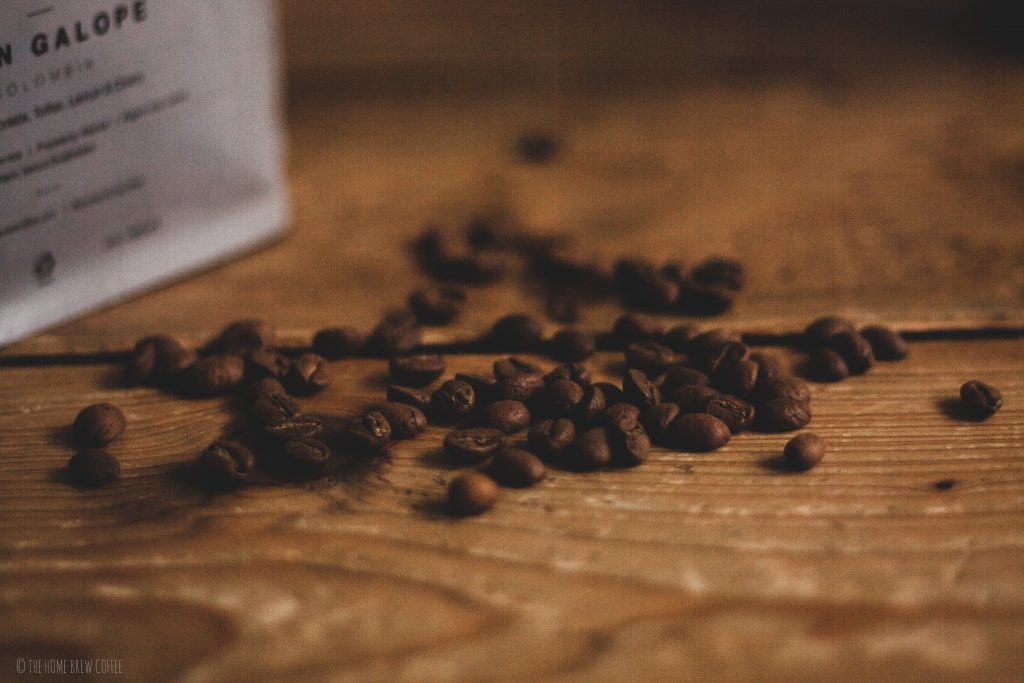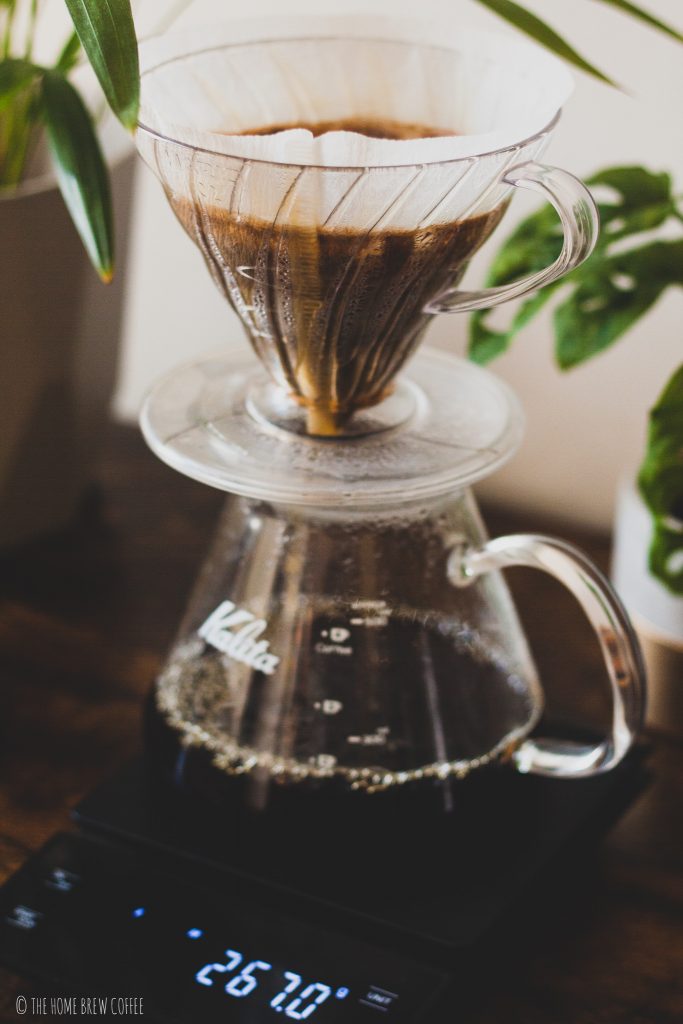So coffee consumption is at an all-time high and so is ‘bitter’ tasting coffee. Especially in the commercial section. But even when you brew coffee at home, it’s very easy to make mistakes and those mistakes may lead to a bitter cup. It also gets really frustrating if you go through the whole process of making coffee (especially brewing a pour-over) and the end result is not what you expect.
Now as someone who can relate to all this and has had his fair share of coffee tasting ‘bitter’. I also spent lots of time and research to eliminate things that will produce a bitter cup. Which brings me to this post because I am hoping to provide those adjustments for you so you can avoid a bitter brew. This is not a list and it’s not exhaustive, just a few general things that you just need to pay attention too
So let’s talk about some things that will hopefully help you in avoiding bitter coffee.
Avoid supermarket coffee
The first step is to look at the coffee you are buying because supermarket coffee will be of lesser quality compared to Speciality Coffee.
Now it’s important to note that you can make bitter cup coffee with Speciality Coffee too. However, the issue with supermarket coffee is that it’s over-roasted which means that coffee has a longer shelf life but that drastically compromises on the quality. All the natural flavour and aroma that coffee bean once possessed is long gone. In fact, a lot of the coffee found in the Supermarket does not state a roast date so you don’t know how long they have been on the shelf.
This just means supermarket branded coffee will just provide bad tasting coffee, especially when drinking it black because there is no flavour and it’s like the equivalent of burnt toast but without you really knowing. Note this applies to both wholebean and ground coffee.
Don’t use coffee that was roasted months ago
If we have now moved on from supermarket coffee and have some speciality coffee then I would just advise to not keep hold of it. Generally, roasters of speciality coffee will put a roast date on the package of the coffee. The reason is once coffee beans have been roasted then not soon after it already starts getting stale from exposure to oxygen. So the more time passes, the more the coffee starts to lose its natural flavours. This will lead too stale and bitter coffee.
It’s hard to say when exactly coffee really starts to taste off or when you should stop using it. Personally, Coffee tastes the freshest in the first few of weeks where all those flavours are still prominent. Let me be honest, I normally finish a bag of 250g of coffee within 3 weeks of purchase. I do try to let the coffee rest the first week if it was recently roasted. But I don’t normally have any coffee left after a month. I have brewed coffee that has been over 6 weeks old. The taste is somewhat there but you feel the first stages of staleness.
I have not mentioned anything about storing your coffee and if that stalls the coffee going stale quicker. That is a topic of discussion another time as it depends on where its stored and what it’s stored in. Let’s just stick to coffee staying in its package that it was originally purchased in. I would add if you have researched coffee storing then leave it in the package you brought it in as the valve on it help keep the coffee fresher then putting it all in an open jar.
A final point to add, if you brought speciality pre-ground then it will deteriorate even quicker. I would say to have pre-ground coffee in a few days but you will even start to experience the bitterness at this point. My recommendation is to buy a coffee grinder and grind coffee before you start to brew it as that will provide you with the best results.
Unfortunately, all the above is the harsh truth.

Ensure the correct grind size for your brewer
Coffee is best brewed when it’s freshly ground. So it’s recommended for you to buy a coffee grinder. The key to brewing a delicious and tasty cup of coffee is ensuring that you have the correct grind size for your brewer. If your coffee tastes bitter then you are probably grinding too fine and likewise, if it’s weak or watery then it’s too coarse. What you should not do is change the amount of coffee to make it stronger or weaker. That will led to you making lot of inconsistent coffee. It’s best to stick to a set dose and change the the grind setting until you have the right taste.
When you brew coffee at home then you are likely to experience some not so great coffee. Especially when you just start using a new brewer. You can easily follow standard brew methods available online or videos on YouTube but it does depend on the coffee grinder you are using.
A good coffee grinder will ensure your coffee is ground in a uniform size. But a bad coffee grinder (like those cheap electric grinders) that don’t grind coffee in a consistent size will result in bitter coffee.
Another important thing is that it depends on your taste. You may not like a certain grind size because it’s not sweet enough or it’s too strong. Therefore, a little bit of trial and error is required until you figure out the best grind size for your brewer. For example, I prefer to use a medium grind size when using the Frech Press as oppose to what the majority recommend which is coarser coffee. What I found is with a medium grind size I get a sweeter cup but I do brew for longer too (read my 5 tips to make coffee from a French Press taste better here).
Using the Hario V60 is another example where tinkering like you are Claudio Ranieri could be a good thing. Initially, I used a medium grind size but went a little bit finer each brew until I hit that sweet spot on my coffee grinder setting and now I consistently make delicious coffee every time…well almost.
Don’t over brew by timing your brews
Timing is crucial when you are brewing coffee. A lot of coffee ends up being bitter and unpleasant because of brewing for too long. When it comes over brewing, well it’s very easy to do but it’s an easy thing to rectify. All you need is to time your brews.
If you don’t time your brews then you are going to be producing very inconsistent and bitter coffee. Therefore, I recommend getting a digital scale with a timer on it so you can measure your coffee beans and keep an eye on the brew time. I was making this simple mistake when I first got the Aeropress. I would just make mental note of the time and guess when the coffee was ready. As you may have guessed it resulted in bitter coffee at times. Thinking back now, I don’t know why I did this.
When I first got a digital scale with a timer, not only did I avoid any bitterness in my cup but the coffee tasted even better. Because of that, I would say timing your brews is a necessity if you want to make a good tasting coffee all the time. It will make your life a lot easier too.

Be consistent…
One thing I would always advise anyone brewing coffee at home is to get consistent results then be consistent with your brewing methods. That doesn’t mean you can’t experiment with different ways of making coffee but your approach should be methodical. The best way to do that is to get digital scales and time your brews. I know people who have said that is too much but my response is to look at someone like a baker. Will they make consistently good cakes if they did not measure their ingredients or have the right tools?
So these are some suggestions that should help you avoid bitter-tasting coffee. Again, it’s not exhaustive and I am sure I will be revisiting this area again. Because my final advice is something I am constantly doing which is trying find ways to improve the taste of coffee I brew and for that, I am open to making adjustments where needed. So I hope you are too.

I read your blog now share great information here.
Thank you for your comment! There will more posts coming soon.